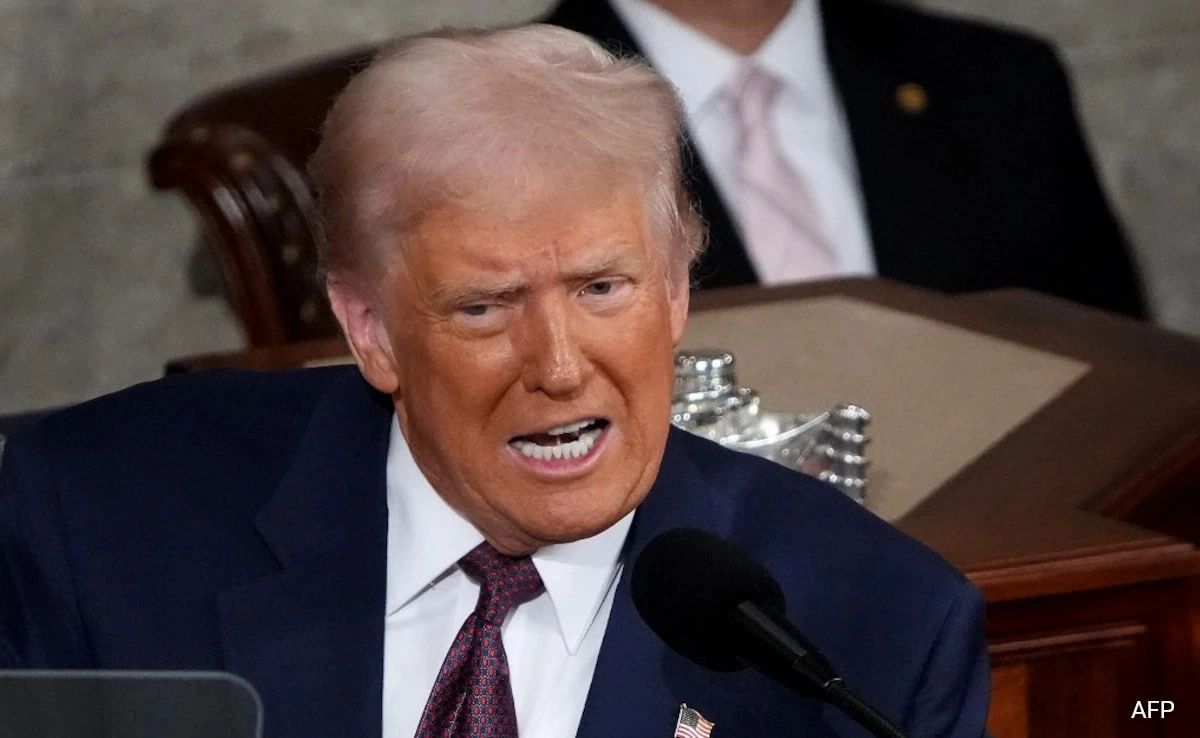In a significant development regarding U.S. immigration policy, former President Donald Trump recently signed an executive order that imposes a travel ban affecting citizens from 12 countries. This decision has sparked widespread debate and concern across various sectors, including civil rights organizations, international relations experts, and the general public. The intention behind the travel ban appears to be rooted in national security concerns, with the administration citing the need to prevent potential threats from individuals coming from nations deemed to have inadequate vetting processes or affiliations with terrorism.
The list of countries targeted by the travel ban includes nations that have been historically associated with instability, conflict, or terrorism. Critics of the ban argue that such measures disproportionately affect innocent civilians, often hindering their ability to seek refuge or better opportunities in the United States. Furthermore, opponents assert that blanket travel bans can foster animosity towards the U.S. in the global community, undermining diplomatic relations and diminishing the country’s reputation as a haven for those fleeing persecution.
Supporters of the travel ban, however, contend that the measures are necessary to safeguard American citizens and maintain national security. They argue that thorough vetting processes are crucial for ensuring that individuals entering the country do not pose a threat. This executive order is part of a broader trend in U.S. immigration policy under Trump’s administration, characterized by stricter enforcement measures and a focus on prioritizing American interests in the face of global challenges.
As the implications of this travel ban unfold, various stakeholders are closely monitoring its impact on families, businesses, and diplomatic relations. Legal challenges may arise, as civil rights advocates are likely to contest the order in court, arguing that it violates principles of fairness and equity. The future of U.S. immigration policy remains uncertain, with ongoing debates surrounding the balance between national security and humanitarian obligations. The travel ban serves as a reminder of the complexities involved in crafting immigration policies that address security concerns while remaining aligned with American values of inclusivity and compassion.




